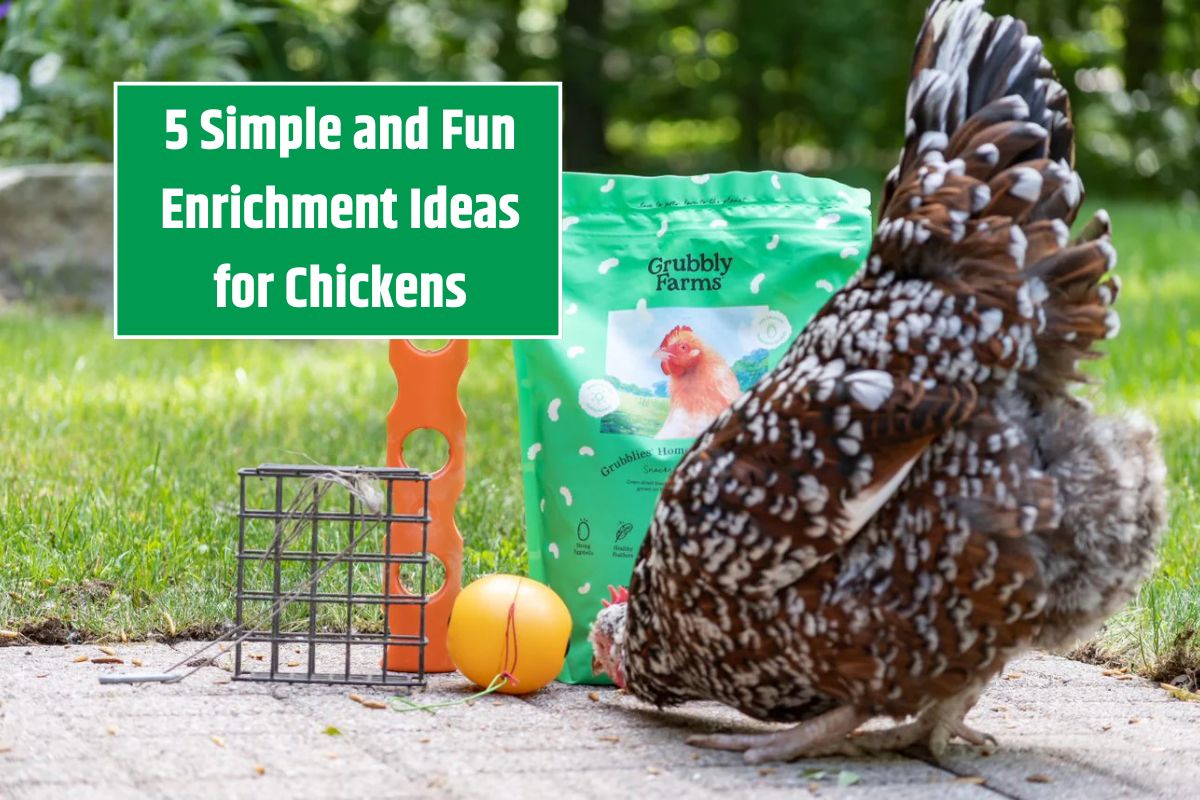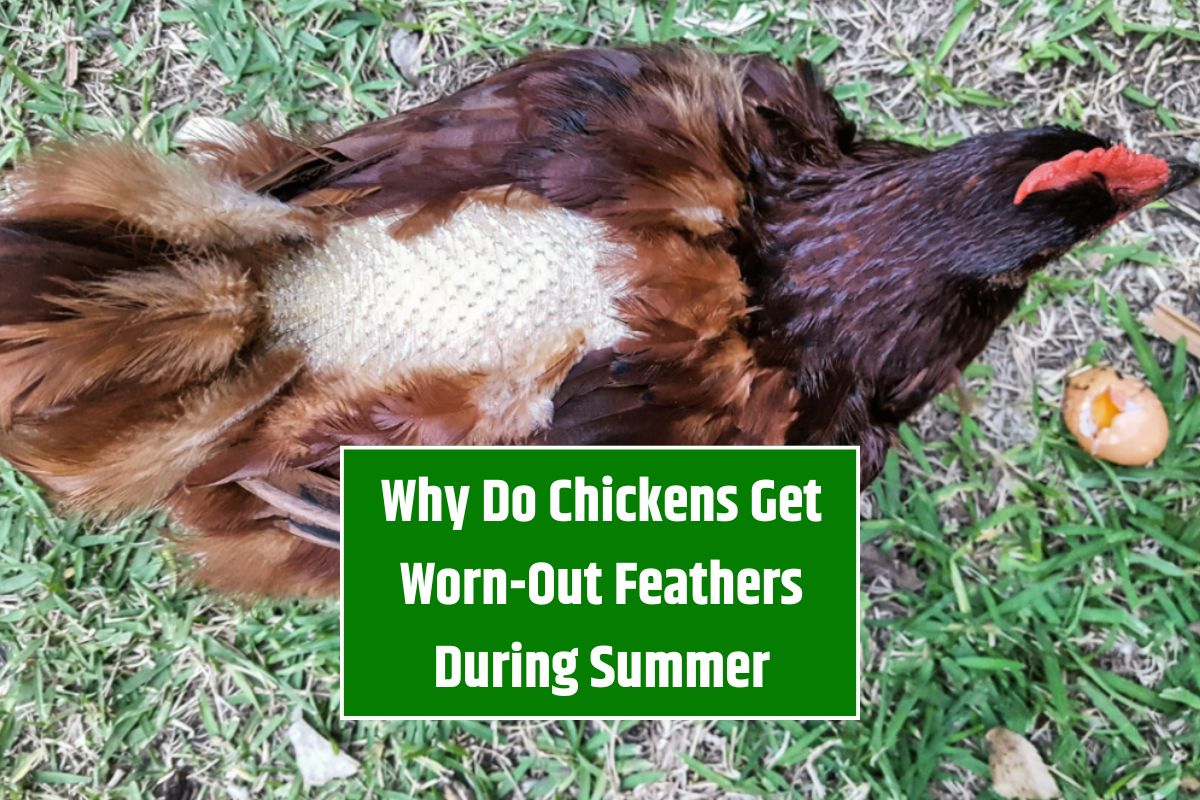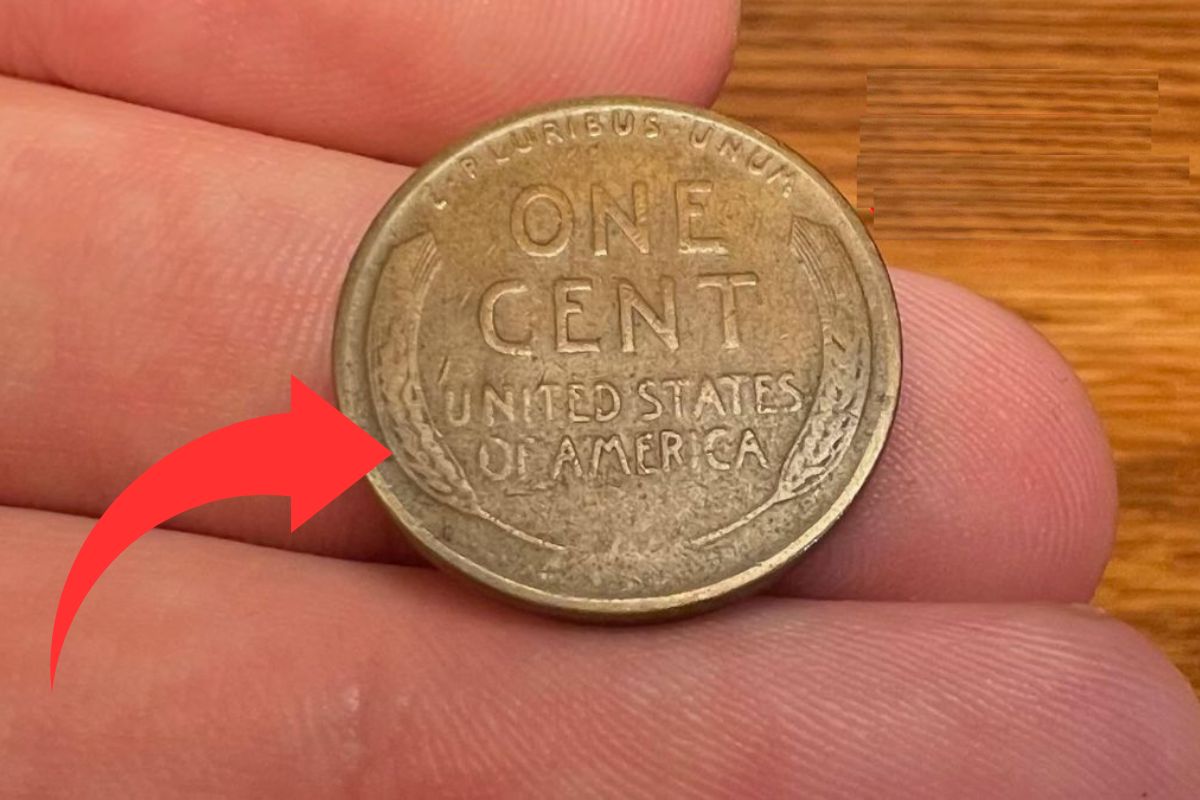Chickens are smart animals that need mental and physical stimulation to stay healthy and happy. Just like pets in zoos or sanctuaries, backyard chickens benefit from enrichment activities that prevent boredom and encourage natural behaviors. If your flock seems restless or you want to add some fun to their daily routine, try introducing engaging toys and activities.
Why Do Chickens Need Enrichment?
Chickens can get bored if they don’t have enough stimulation, leading to unwanted behaviors such as:
- Bullying – Dominant hens may pick on weaker flock members.
- Feather pulling – Chickens may pluck feathers out of boredom.
- Overeating – Lack of activity can lead to excessive foraging and weight gain.
- Stress – Boredom can increase anxiety and lower overall well-being.
Providing enrichment activities helps prevent these issues while encouraging natural instincts like foraging, problem-solving, and social interaction.
Types of Chicken Enrichment
There are many ways to keep your flock entertained. Rotating different enrichment activities helps keep things fresh and engaging.
- Auditory enrichment – Sounds like music, bells, or natural chicken noises.
- Visual enrichment – Mirrors, hanging CDs, or objects that catch their attention.
- Mental enrichment – Toys or puzzles that encourage problem-solving.
- Environmental enrichment – Changes to their coop or free-ranging opportunities.
- Food-based enrichment – Treat dispensers and interactive feeding options.
DIY Chicken Enrichment Toys
Here are five simple DIY toys to keep your chickens entertained:
1. Chicken Swing
Chickens love to perch, and some even enjoy swinging perches. It may take a little time for them to get used to it, but many chickens eventually master the balance and have fun.
How to make a chicken swing:
- Use a sturdy tree branch or a wooden board as the perch.
- Attach strong rope to both ends of the perch and secure it to a stable structure.
- Start with the swing close to the ground and gradually raise it as chickens become more confident.
- Introduce them to the swing by placing them on it and rewarding them with treats.
2. DIY Treat Dispenser
Food-based enrichment keeps chickens engaged while rewarding them with a tasty snack.
How to make a treat dispenser:
- Take a clean plastic water bottle.
- Cut or drill holes large enough for treats to fall through when pecked.
- Fill the bottle halfway with dried insects, grains, or scratch feed.
- Hang the bottle using a rope or place it on the ground for the chickens to interact with.
3. Treat Piñata
A treat piñata adds excitement to feeding time and encourages natural pecking behaviors.
How to make a treat piñata:
- Use a dog toy ball with holes (such as a Hol-ee Roller) or a similar object.
- Hang the ball in the chicken coop with a sturdy rope.
- Fill it with fresh fruits and vegetables like cabbage, zucchini, or apples.
- Let your flock investigate and peck at the treats until they fall out.
4. Tree Branch Gazebo
A tree branch gazebo provides perching space and a shaded area for your flock.
How to build a tree branch gazebo:
- Collect several thick tree branches.
- Use four sturdy branches as corner posts for the structure.
- Attach additional branches horizontally between the posts to create perching spots.
- Secure the branches with strong twine or screws.
- Add a roof using more branches to provide shade and protection.
5. DIY Dust Bath
Dust baths help chickens stay clean and prevent parasites while also serving as a form of enrichment.
How to make a dust bath:
- Find an area with loose, clean soil or use a shallow container.
- Surround the area with rocks or logs to create a defined dust bath space.
- Keep the dust bath filled with fine dirt, wood ash, or sand.
- If your chickens already have a favorite dust bath spot, enhance it by making it deeper and ensuring it stays dry.
Additional Enrichment Ideas
If you want to add even more variety, try these additional enrichment activities:
- Obstacle course – Set up small jumps, tunnels, and balance beams for chickens to navigate.
- Treat balls – Use hanging treat balls filled with snacks to encourage activity.
- Dog puzzle toys – Some puzzle feeders designed for dogs also work well for chickens.
- Hanging snack dispensers – Skewer vegetables or fruits on a hanging string.
- Auditory enrichment – Play calming music or provide bells and toy xylophones.
- Coop enrichment – Add perches at different heights, hanging mirrors, and forage boxes.
- Free-ranging – Letting chickens explore naturally is one of the best forms of enrichment.
Enrichment for Baby Chicks
Chick enrichment is important to prevent bad habits from developing early. Some simple activities for young chicks include:
- Mini dust baths – Introduce chicks to dust bathing with shallow pans of dirt.
- Weed clumps – Bring in fresh grass or weeds to encourage natural foraging.
- Perches – Small perches help chicks develop balance and coordination.
- Mirrors – Hanging small mirrors stimulates curiosity and engagement.
- Sounds – Play soft classical music or natural chicken sounds for a calming effect.
Keeping Chickens Happy and Healthy
By adding enrichment activities to your flock’s daily routine, you help prevent boredom, improve their overall well-being, and encourage natural behaviors. Whether it’s a chicken swing, treat piñata, or obstacle course, there are endless ways to keep your flock entertained. Try rotating different activities to keep things exciting and fun for your chickens.
FAQ’s
1. Why do chickens need enrichment?
Chickens need enrichment to stay mentally and physically active. Boredom can lead to bad behaviors like bullying, feather pulling, stress, and overeating.
2. What can I use in a treat dispenser?
Fill a treat dispenser with dried insects, scratch grains, sunflower seeds, or chopped vegetables. Avoid processed or sugary foods.
3. What materials do I need for a tree branch gazebo?
You need sturdy tree branches, strong twine or screws, and four thick branches for support posts. Secure the branches together to create a climbing and perching structure.
4. Why do chickens need dust baths?
Dust baths help chickens clean themselves and prevent parasites. They also act as a natural cooling method during hot weather.
5. How can free-ranging be a form of enrichment?
Free-ranging allows chickens to explore, forage for food, and engage in natural behaviors. It provides both mental and physical stimulation.


















